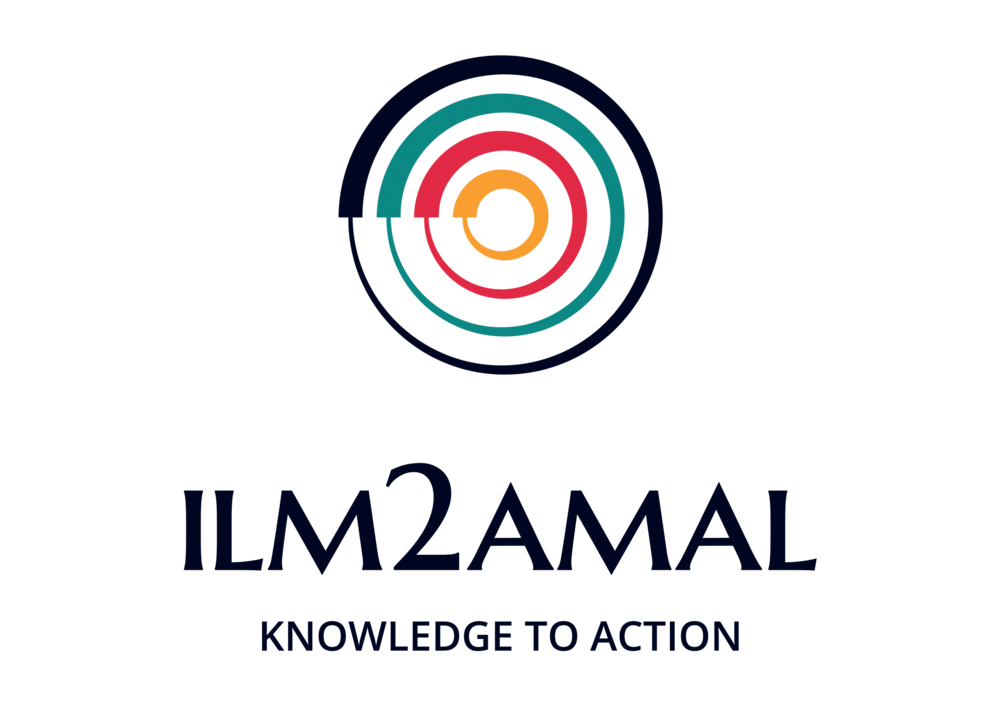9 reasons to involve children in social action campaigns
A social action campaign refers to a coordinated and strategic effort to bring about social change or to address a specific social issue. Designed to create awareness around a particular cause, the goal is often to achieve a positive impact on society.
Engaging in social action campaigns provides children with valuable life skills, cultivates a sense of social responsibility, and contributes to the well-being of both individuals and communities.
Children can participate in a wide range of social action campaigns that align with their interests, abilities, and developmental stages.
From community service projects such as feeding the homeless or cleaning up your local park, to fundraising for organisations supporting children in need globally, these projects will promote learning, empathy, and a sense of responsibility.
1. develops empathy and compassion
Social action projects often involve addressing real-world issues or helping others in need. Engaging in such campaigns allows children to develop empathy and compassion, as they gain a deeper understanding of the challenges faced by others.
2. fosters a sense of responsibility
Being part of a social action campaign teaches children about responsibility and the impact of their actions on the community. They learn that even small efforts can make a difference and that they have a role to play in improving their surroundings.
3. Encourages Lifelong Civic Engagement
Social action projects promote civic engagement by encouraging children to actively participate in community affairs, and can instil a sense of social responsibility that lasts into adulthood. This early involvement sets the foundation for responsible citizenship as they grow older, as children who are exposed to the joy of helping others are more likely to carry that commitment throughout their lives.
4. Enhances Problem-Solving Skills
Many social issues require creative problem-solving. Engaging in social action projects provides children with opportunities to think critically, identify problems, and develop solutions.
5. Builds Teamwork and Collaboration Skills
Social action campaigns often involve working in teams. Children learn to collaborate, communicate effectively, and appreciate the diverse skills and perspectives of their peers. These teamwork skills are transferable to many areas of life.
6. Promotes a Sense of Achievement
Successfully completing a social action project gives children a sense of achievement and boosts their self-esteem. Knowing that they have contributed to positive change in their community reinforces a positive sense of self-worth.
7. Provides Real-World Learning
Social action projects provide hands-on, practical learning experiences. This type of experiential learning is often more impactful than traditional classroom learning and helps children understand the complexities of real-world issues.
8. Strengthens Communication Skills
Children involved in social action campaigns often need to communicate their ideas, findings, and plans. This enhances their communication skills, including the ability to articulate thoughts and ideas effectively.
9. Cultivates a Global Perspective
Many social issues are not confined to one community or region. Participating in social action projects exposes children to a broader perspective, helping them understand global interconnectedness and fostering a sense of global citizenship.
The Golden Trail Activity Book
Through activities such as preparing a gift box for homeless individuals, writing jokes on the pavement and visiting and interviewing an elderly neighbour, children and parents will broaden their understanding of the concept of charity and be able to see its impact on people's lives. This Activity Book develops a number of skills such as: numeracy, problem solving, leadership, arts and crafts and culminates with an immersive fundraising project that families can carry out together to support a charitable cause of their choosing. A wonderful gift that builds a lasting love for charity!


